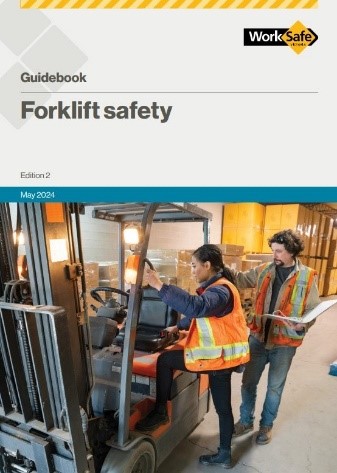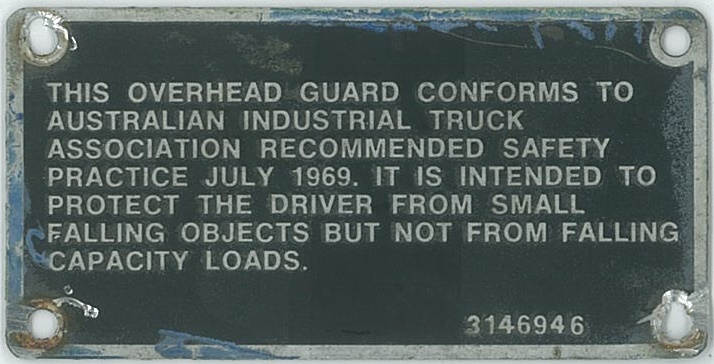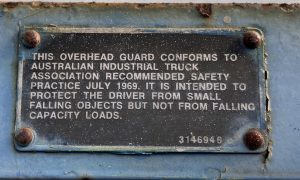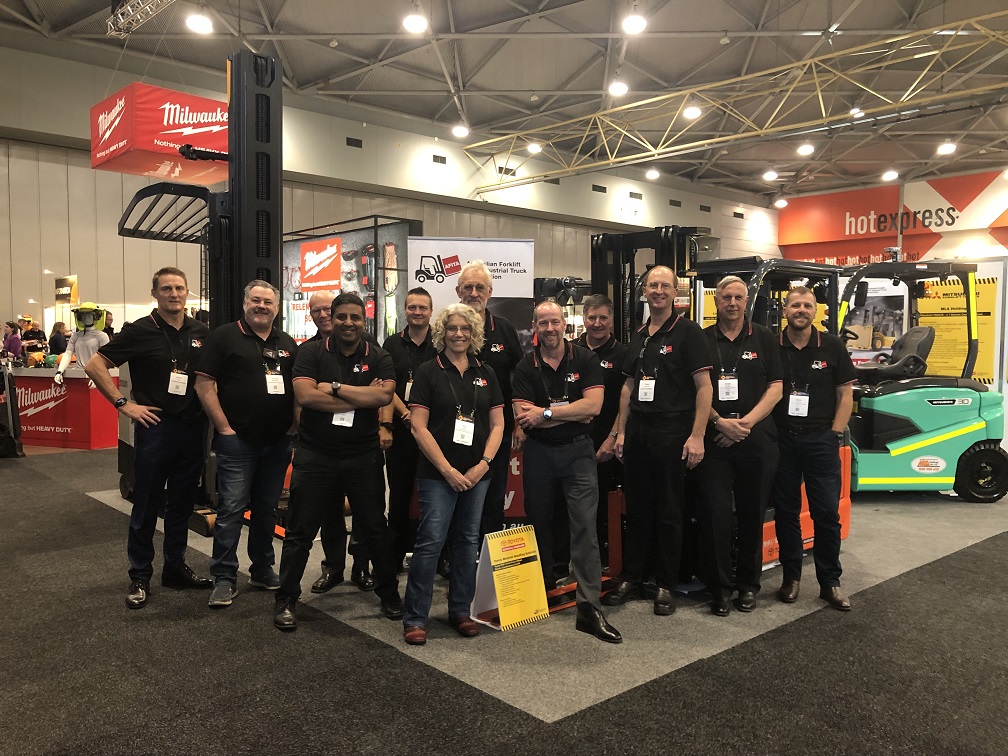2025 AFITA Industry Award – Nominations Now Open
AFITA Industry Award
Call for Nominations for 2025 AFITA Industry Award
In 2023, the Australian Forklift and Industrial Truck Association (AFITA) created an award to honour an individual or individuals from Australian forklift industry who have made an outstanding contribution to the value, recognition or reputation of the industry.
Eligibility: To be eligible for the AFITA Industry Award, the nominee:
- is an individual or individuals from the Australian Forklift & Industrial Truck industry;
- has made a significant contribution to the value, recognition or reputation of the industry
The Prize is awarded annually and presented at the AFITA Annual Dinner which will be held in 2025 in Sydney on 27 August 2025.
Nominations are to be made in the form of a submission of no more than 500 words forwarded to the AFITA Executive Officer, Sue Hart at admin@afita.com.au. For further information contact the AFITA Secretariat on 02 6290 1505.
The closing date for nominations for the 2025 AFITA Industry Award is 8 August 2025.
The criteria against which the award is judged and a nomination form are here.
Eligibility
- Nominations may be made by any Full or Associate member of the AFITA.
- Nominees should work principally within the forklift and industrial truck industry.
- Awards may be granted posthumously in recognition of recent achievements.
- A person may receive an award on more than one occasion in recognition of their particularly outstanding industry contribution or involvement in an alternative initiative.
- Unsuccessful nominees may be nominated in future years.
- Nominations must be apolitical and non-competitive in their nature and should not in any way bring the awards program, AFITA or the industry into disrepute.







